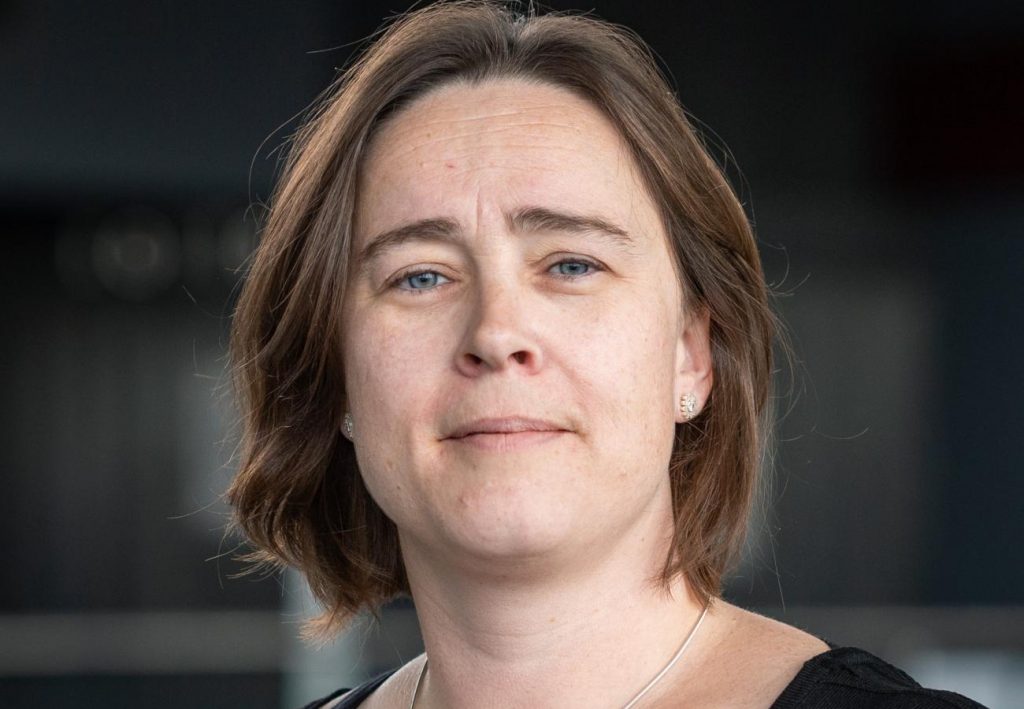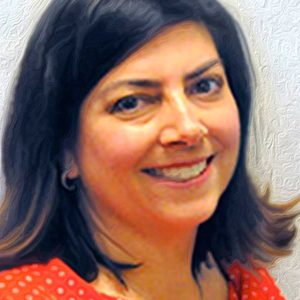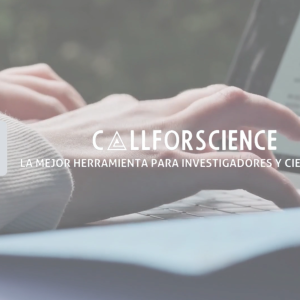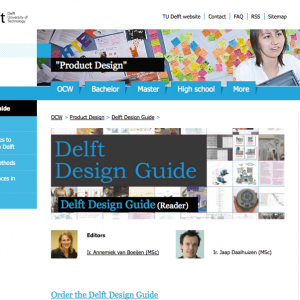An inspiring exemplar for her open teaching practices on local, national and international stages. Dr. Farrell’s willingness to share and inspire other teachers is exemplified by the #OpenTeach project which started in 2019 and was built from the ground up with an open first philosophy. Each building block of the project was an OER or an OEP. Via an open online course Dr Farrell led a team that went on to teach hundreds of participants about open online teaching and learning.
In 2021 the open textbook: #Openteach: professional development for open online educators was published, taking the form of an accessible blend of key findings from the wider ODL research literature, design based approaches to teaching, and practical tips and advice from students and teachers who had participated in the #OpenTeach course.
During 2020 and 2021, in addition to leading several impactful open education projects and initiatives, Dr. Farrell answered the call to take on a leadership role and head up a new team of digital learning designers that provided support to thousands of teachers and students across her university. All the while Dr Farrell led from the front, teaching not by transmission but by example, via an approach that encourages openness to learning and to possibility. To give the last word to one of her students on using eportfolios in Open Distance Learning: “I am not simply learning and regurgitating information, I am also learning about myself” (Farrell & Seery 2019).
Dr Farrell has taught online from 2017 – 2020 as a programme chair in the Open Education Unit of the National Institute for Digital Learning in Dublin City University. In 2017 she received a President’s Excellence Award in recognition of outstanding contributions to the University’s teaching and Learning activities. Her pedagogical approach is to valorise teaching that opens doors for students and teachers alike. She has conducted and published research on her teaching approaches such as orientation of new students, providing educational pathways to refugees and migrants (Farrell et al 2020a) and reflective portfolios as an assessment and teaching tools (Farrell et al 2021a). All of her published research is accessible either through open access journals or via green open access through institutional repositories. In addition she plays an active role in online spaces where she is available for wider communities to engage with her teaching and research such as via social media and other forms of engaged open scholarship which are characterised by a playful willingness to try new things and experiment with communication modes and media. Her approaches have always involved teaching as an open social construct and one that breaks traditional distinctions. Her co-teaching approaches challenge the conception of teacher as lone sage. Her mentoring of students as co-authors on academic papers helps de-centre notions of researcher power and privilege (Farrell, Brunton & Trevaskis 2020a).
The OpenTeach and Go Open projects she led helped build not just new skills and competences for teachers in open online teaching but also consolidate communities of learners around these topics building digital resilience. The open access scholarly outputs and learning resources of the OpenTeach project are being widely used and cited with one report now cited 42 times with over 6,000 reads (Farrell et al, 2019, 2020b; 2020c; 2021, Ní Shé et al 2019, 2020, 2021). As the project was built using open principles its impact has been far reaching . The course has been taught by other teachers, remixed as a book and is also available in digestible CC licensed OERs. Everyone can take something from it. As one teacher put it: “It enabled me to reach out from my COVID isolation and connect with other educators across a variety of disciplines, share practices and learn some extremely useful tips”. The OpenTeach course brought teachers new to open education together with experienced ones forging a community to renew, refresh and re-invent practice. Likewise the Go Open project brought librarians, learning designers, lecturers and students together in a broad coalition building an accessible toolkit allowing newcomers to dip their toes into open waters.
Dr Farrell answered the call to lead a team of learning designers in her university who provided support to lecturers to put teaching online during the pandemic and develop OERs for the wider community. She gave up her beloved teaching for a time to undertake this task on behalf of other teachers.



